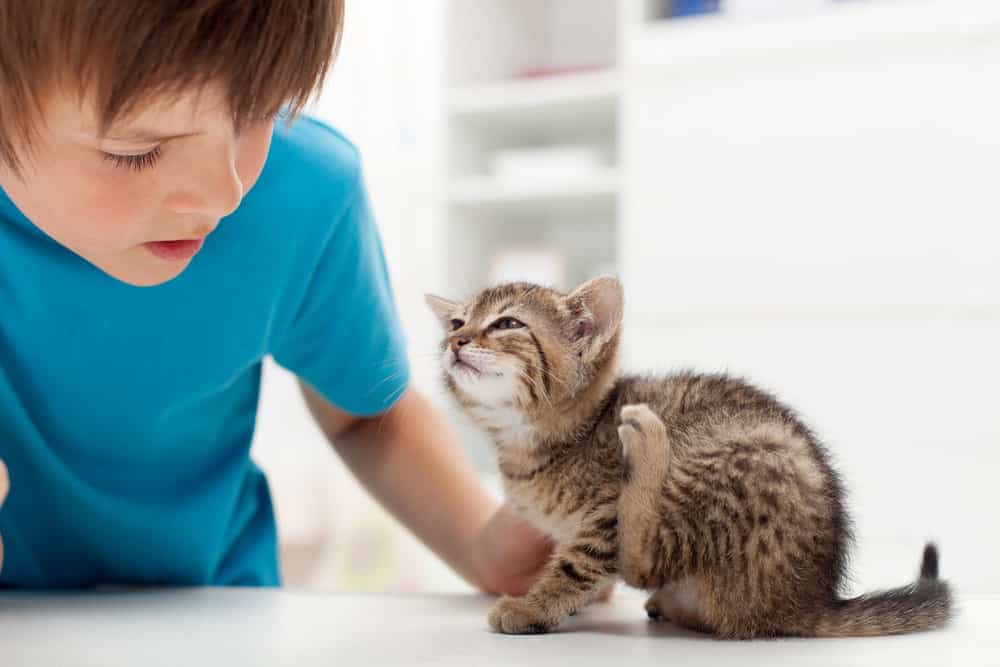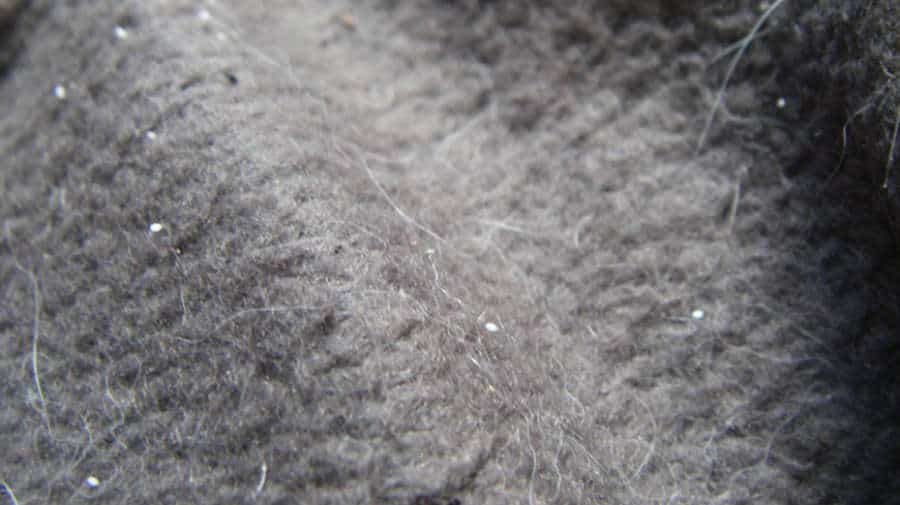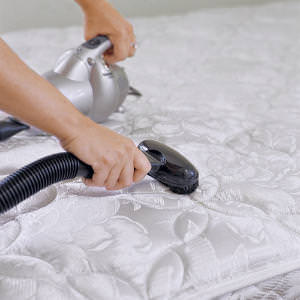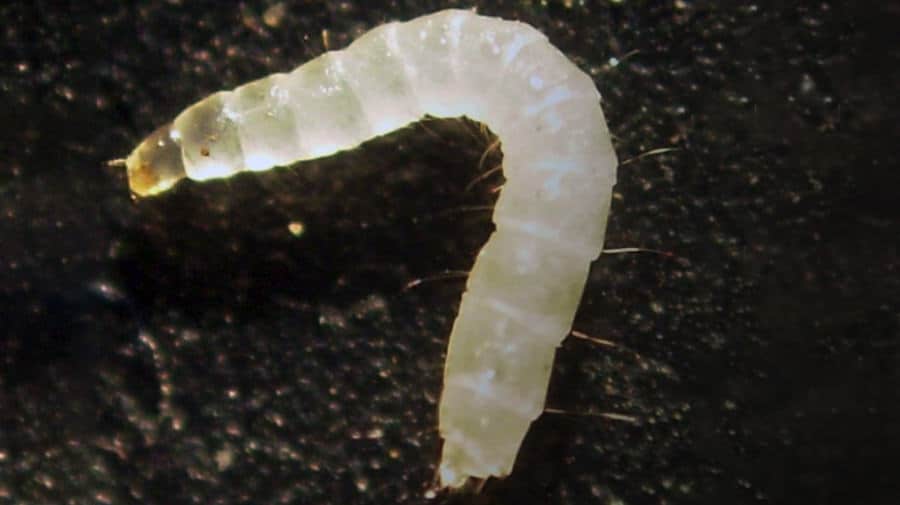Do Flea Bites Itch? (How To Stop The Itching)
Getting bitten by a flea is unpleasant for a range of reasons. First and foremost, the bites tend to be unbearably itchy. I will cover how to stop flea bites from itching and why you should avoid scratching.
You will also learn why the bites itch and how long you should expect to be inconvenienced for. Plus, I will share the potential complications of flea bites, and what symptoms to look out for.
Are Flea Bites Itchy?
If you have had a pet infested by fleas, you may have been alerted to the fact by their constant scratching. This is because flea bites are usually accompanied by extreme itching, like mosquito bites.
Unfortunately, fleas are opportunistic parasites. If their preferred host is not available, they will target any warm-blooded host in the vicinity, including humans.
Adult fleas are built to be the ultimate bloodsucker. A flea’s mouth is made up of multiple parts designed to penetrate the host’s skin and suction blood.
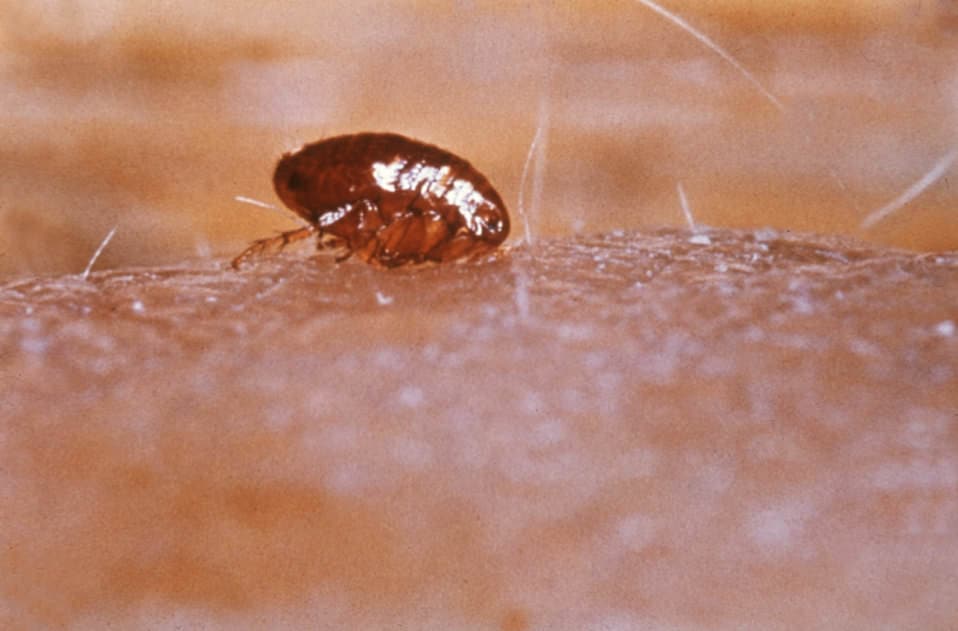
Two laciniae surround the epipharynx, the tube that the fleas use to suck blood through. The laciniae serve as razor-sharp saws to slice through the host’s skin. These mouthparts also join together as a channel for the flea’s saliva.
As the flea feeds, saliva is injected into the host. The flea’s saliva contains anticoagulants to encourage blood flow and help it feed. This is the compound that causes skin irritation and itching.
Within approximately 30 minutes of being bitten, physical signs of the bite will manifest. Visually, they will simply look like small red bumps, often grouped together tightly.
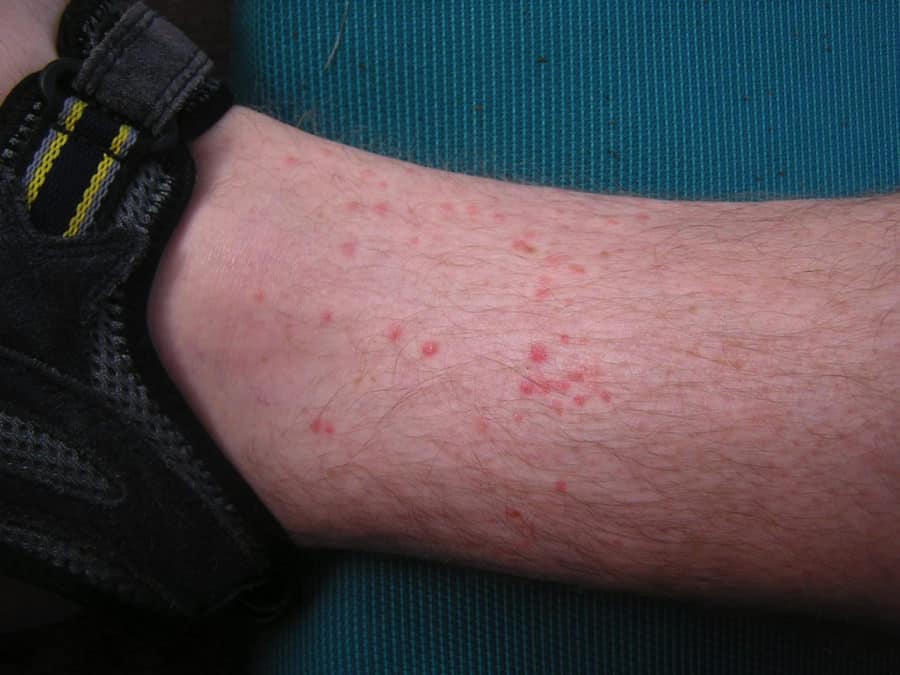
Depending on your sensitivity to flea saliva, the itching can be moderate to severe. If you have an allergic reaction, you may break out in blisters or a rash. Children are especially susceptible to extreme reactions from repeated flea bites.
Fleas are indiscriminate, and can bite you anywhere on your body. If you suspect you or your child has been bitten by fleas, it is preferable to consult a doctor. Do not ignore large painful welts, fever or other signs of an allergic reaction.
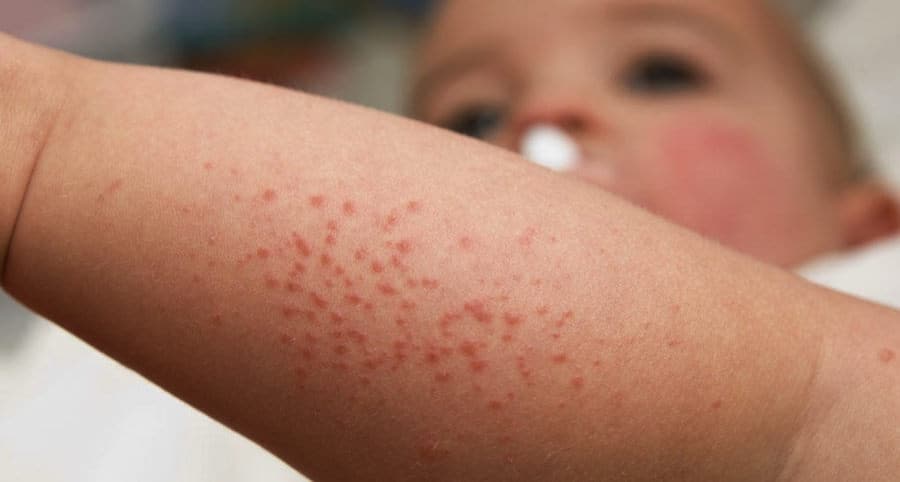
How Long Do Flea Bites Itch For?
The duration of irritation from flea bites depends on the individual. Treating the bites immediately can reduce the intensity and span of your symptoms. This can also lower your risk of nasty complications, as fleas are known disease carriers.
Begin by washing the affected area with soap and water. Gently dab an antiseptic on the bites to reduce the chances of infection, thus allowing the wound to heal at a faster rate.
You can also use an ice pack to temporarily alleviate any swelling. You can purchase over-the-counter antihistamines (e.g. tablets or sprays) to help combat both swelling and itching.
Applying lotions such as calamine may also work to soothe itching. It is best to avoid hot baths and showers, as these can exacerbate the symptoms.
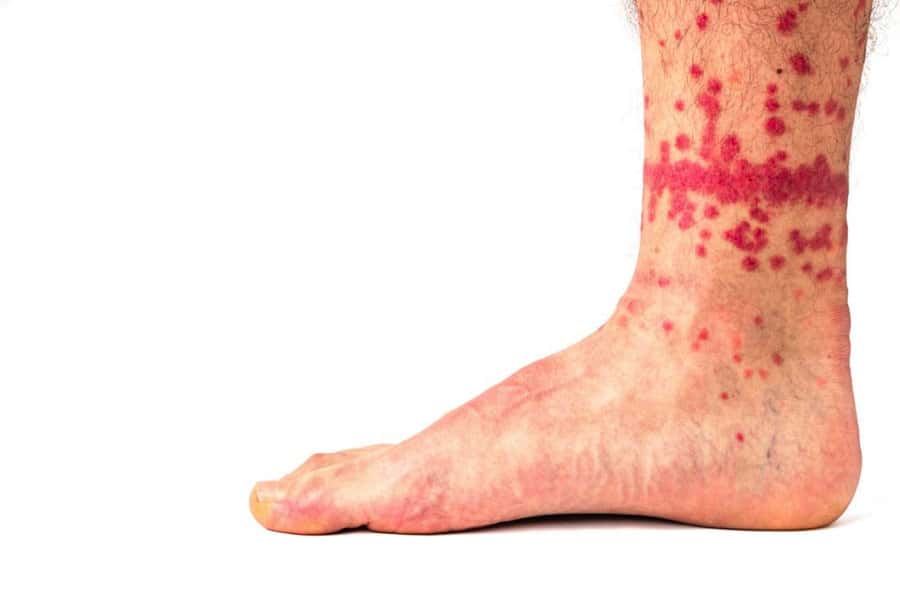
Even if your symptoms are improving with these remedies, consider checking in with your doctor. Fleas may be small pests, but their bites can cause big problems.
Fleas have been known to transmit a variety of viruses, bacteria, and even parasites through their bites. Your doctor may suggest you take specific medication as a precaution. For example, certain species of flea can pass on tapeworms.
If you have a severe reaction from the flea bites, your doctor may prescribe topical steroids. These are powerful medications to decrease inflammation.
Repeatedly being bitten can increase your risk of papular urtica, a condition that results from hypersensitivity to flea bites. This disorder can cause large welts and chronically itchy papules (bumps).
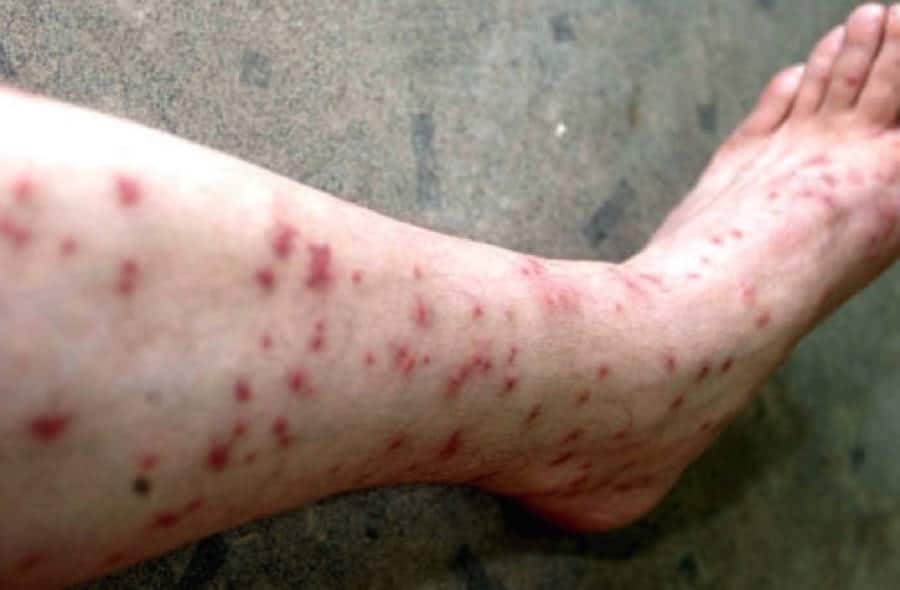
Aside from being unsightly, welts from papular urtica are quite painful. They may also feel warm or hot to the touch. To avoid repeat incidents, it is important to identify how you were bitten.
Start by examining your pets for fleas. If you don’t have any pets, review your activities at the time of the bite.
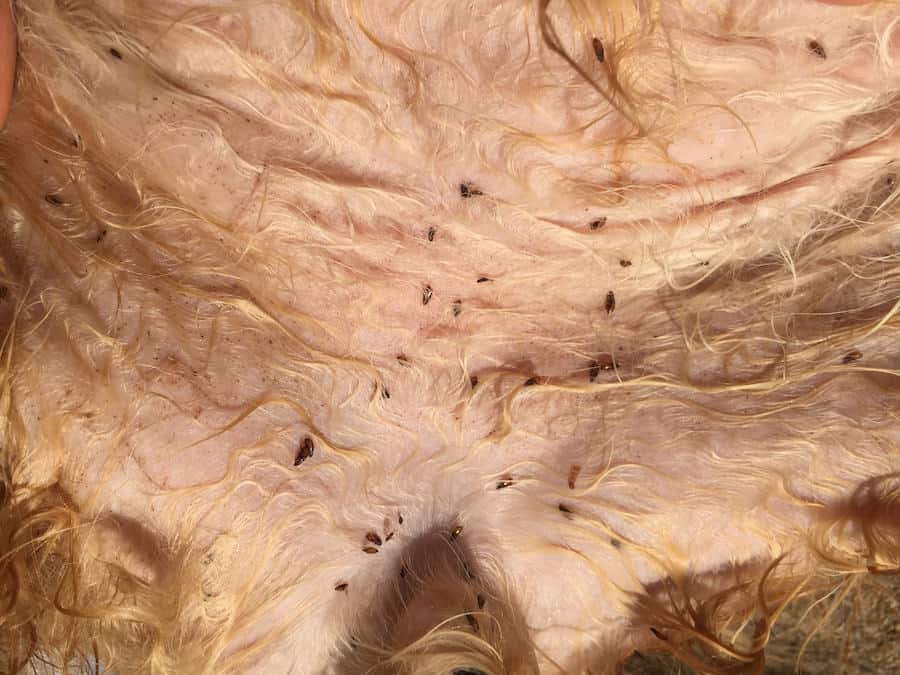
For example, you may have interacted with a flea-infested stray cat or dog. Wild animals, such as skunks can also be infested with fleas.
These animals can enter your home through vulnerable spaces. Check areas such as crawl spaces under your house, or even the attic.
If you have a flea infestation in your home or yard, take action to eradicate it. You must simultaneously treat any pets you have, as well as the surrounding environment.
Why You Shouldn’t Scratch Flea Bites
It is essential to avoid scratching your flea bites. This is no easy feat, especially if you have multiple bites and they are agonizingly itchy.
However, there are several very good reasons why you should restrain yourself. It is common for people who have been bitten to develop secondary infections due to scratching.
Fleas deposit feces on their hosts after eating. Scratching can cause flea feces and other bacteria on your skin to enter the bite.
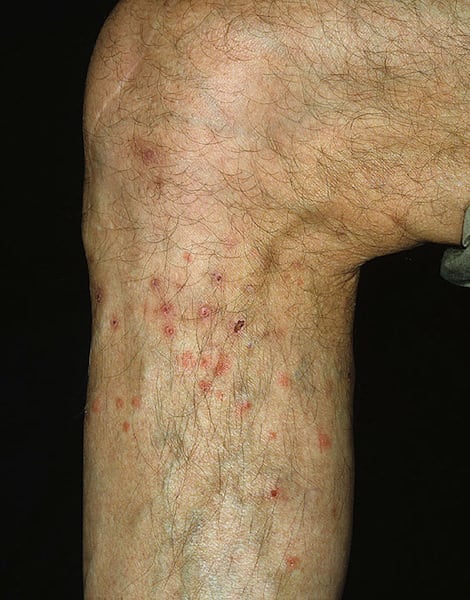
Any indications of infection should be addressed by a medical professional. Warning signs include: crusting, leaking pus and redness of surrounding skin. Other symptoms include intense pain and warm or hot skin.
Infections due to flea bites may require antibiotics. If your child has a bite, you must discourage scratching as much as possible.
Dress your child in long clothing to prevent scratching. Keep your child’s nails short until the flea bites are fully healed. This can minimize the negative effects of scratching when your child is unsupervised.
Apply topical antihistamine lotions and other medications as directed by your doctor. These can aid in alleviating itching as much as possible. Do not administer any medications to infants without consent from your doctor.
Summary
Now that you know how to stop flea bites from itching, you can take steps to reduce the risk of being bitten. If you spend a lot of time outdoors, use an insecticide to repel fleas. Tuck your pant legs into your socks, or wear boots if necessary.
Avoid areas with heavy vegetation as these can be hotspots for fleas. Regularly treat your pets and yard for fleas, particularly before and during the summer months. This should prevent you from getting any bites in the first place.

